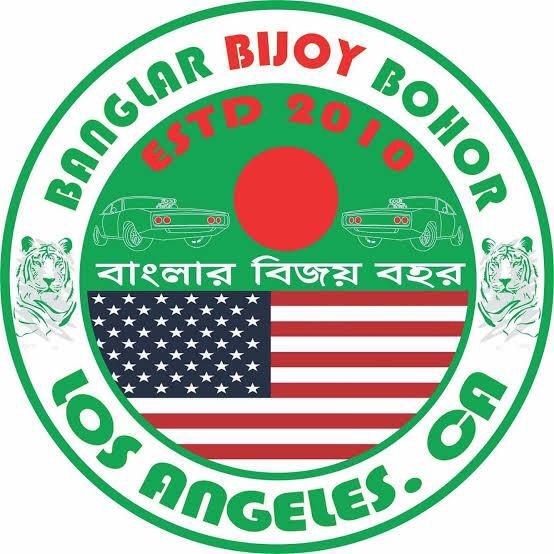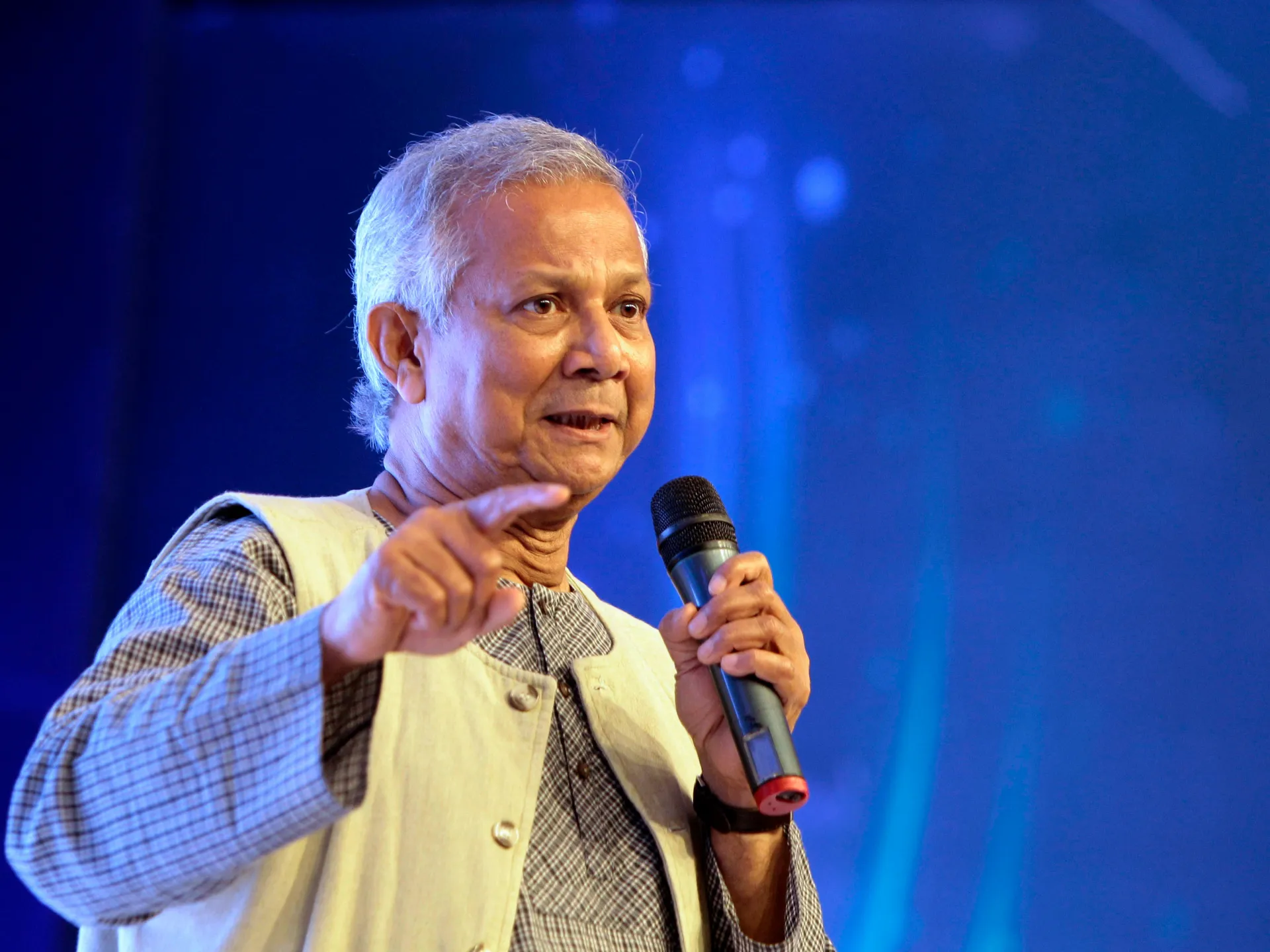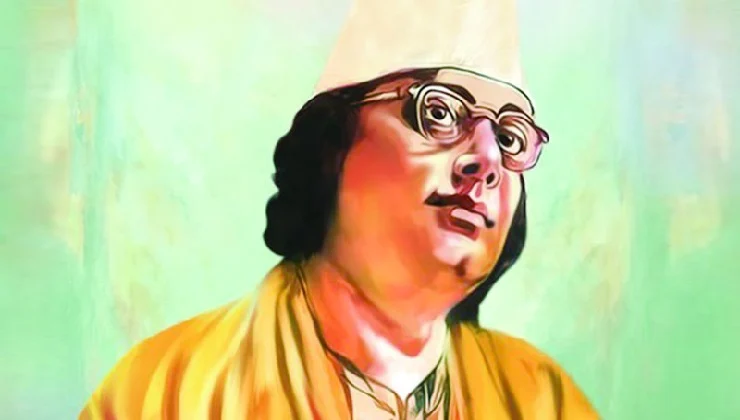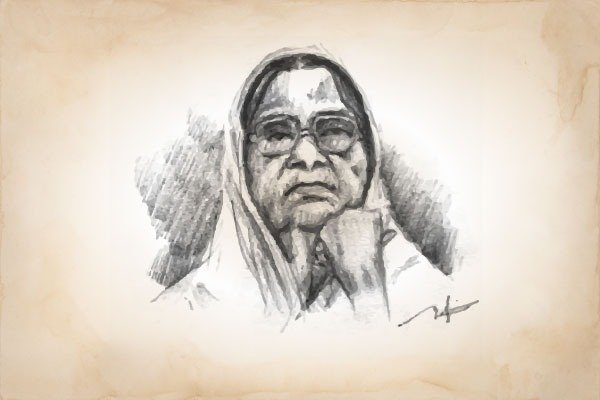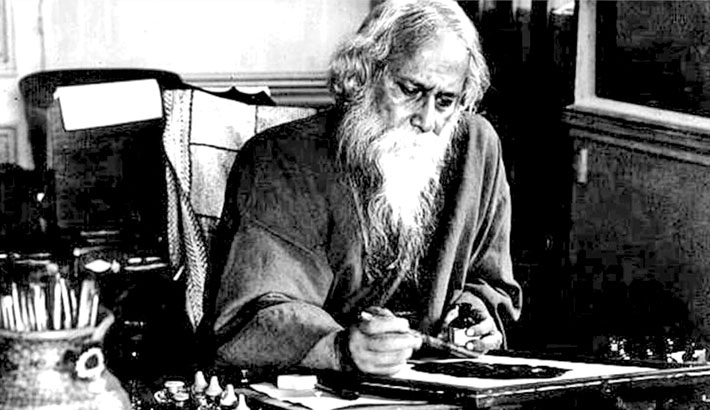Dr. Muhammad Yunus is a name synonymous with social innovation and poverty alleviation. Born on June 28, 1940, in Chittagong, Bangladesh, Yunus’s journey from an economics professor to a global icon in the fight against poverty is both inspiring and transformative. Known as the “Banker to the Poor,” Yunus revolutionized the world of finance by introducing the concept of microcredit—small loans given to impoverished individuals without requiring collateral.
After completing his Ph.D. in economics from Vanderbilt University, Yunus returned to Bangladesh, where he witnessed the devastating effects of the 1974 famine. This experience deeply moved him and motivated him to find a sustainable solution to poverty. He believed that access to capital was a fundamental right and that traditional banking systems failed to serve the poor. With this vision in mind, he founded the Grameen Bank in 1983, which aimed to provide small loans to the rural poor, particularly women, who were often excluded from conventional banking services.
The model of microcredit introduced by Grameen Bank was revolutionary. It provided loans to small groups of individuals, where each member was responsible for the others’ repayments. This system not only reduced the risk for the bank but also fostered a sense of community and mutual support among borrowers. Remarkably, despite the lack of collateral, Grameen Bank’s repayment rates were exceptionally high, proving that the poor are creditworthy when given the opportunity.
Dr. Yunus’s work gained international recognition, and in 2006, he and the Grameen Bank were jointly awarded the Nobel Peace Prize. The Nobel Committee praised their efforts to create economic and social development from below, emphasizing that lasting peace cannot be achieved unless large population groups find ways to break out of poverty. Yunus’s innovative approach has inspired countless microfinance institutions worldwide, and his ideas have been implemented in various contexts, helping millions of people improve their lives.
Beyond microfinance, Dr. Yunus has been a vocal advocate for social business—businesses designed to address social problems rather than maximize profit. He believes that social business is a powerful tool for addressing issues such as healthcare, education, and environmental sustainability. In his numerous books and speeches, Yunus has articulated a vision of a world without poverty, where social business plays a key role in achieving this goal.
Dr. Yunus’s contributions extend beyond his economic innovations. He has also been a staunch supporter of human rights, gender equality, and environmental sustainability. His holistic approach to development emphasizes the interconnectedness of economic, social, and environmental issues. Despite facing challenges and controversies, including a legal battle with the Bangladeshi government over the control of Grameen Bank, Yunus’s commitment to his vision remains unshaken.
Today, Dr. Muhammad Yunus continues to inspire and lead initiatives aimed at creating a more inclusive and equitable world. His legacy is a testament to the power of innovative thinking and unwavering dedication to social justice. Through his work, Yunus has shown that even the most entrenched problems can be addressed with compassion, creativity, and a belief in the potential of every individual to contribute to the betterment of society.
